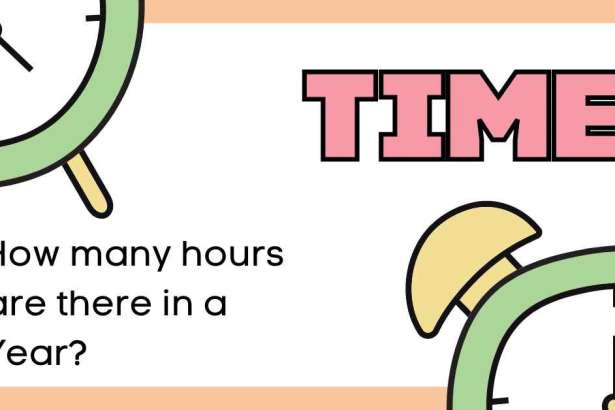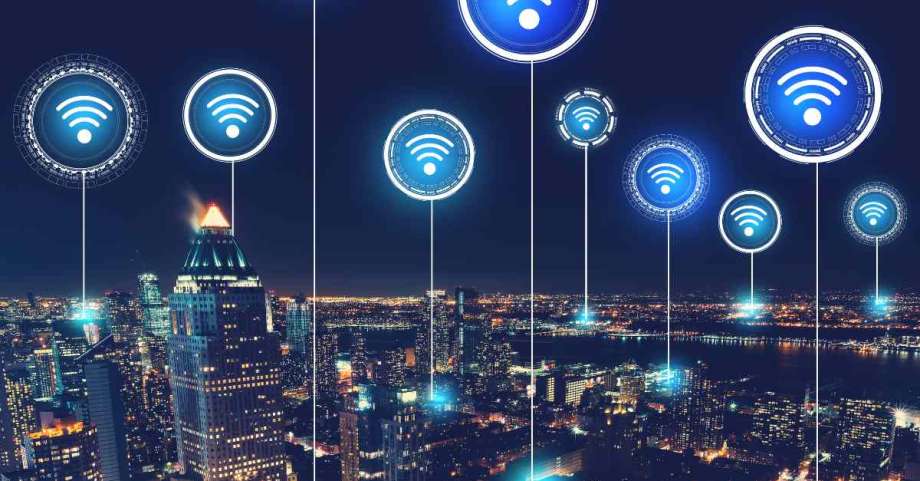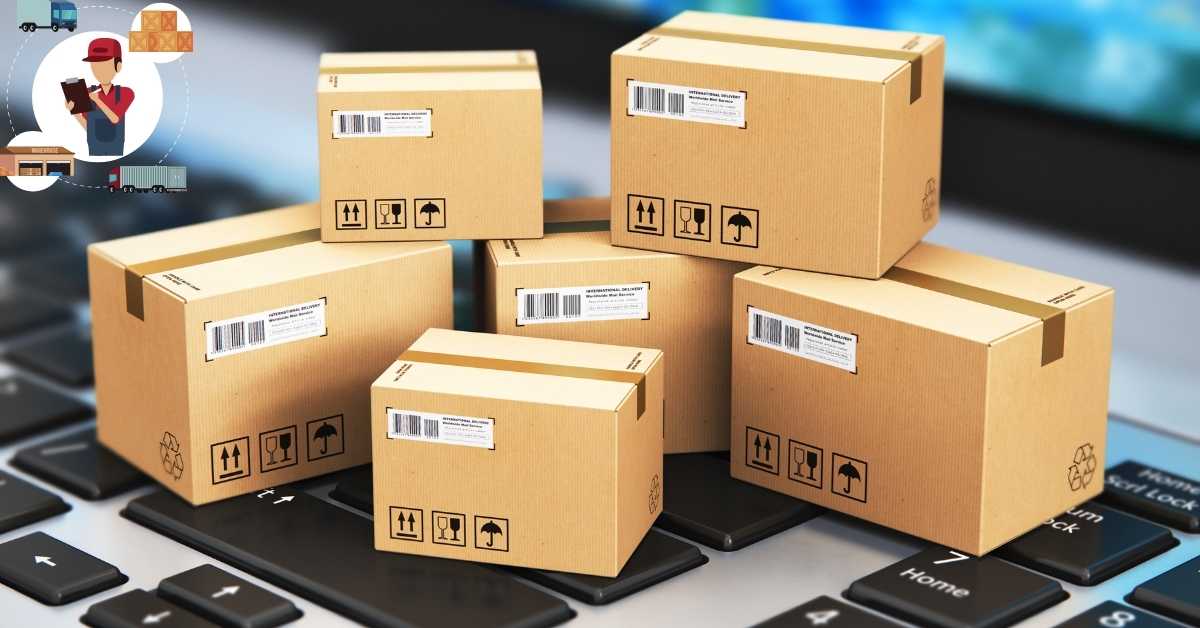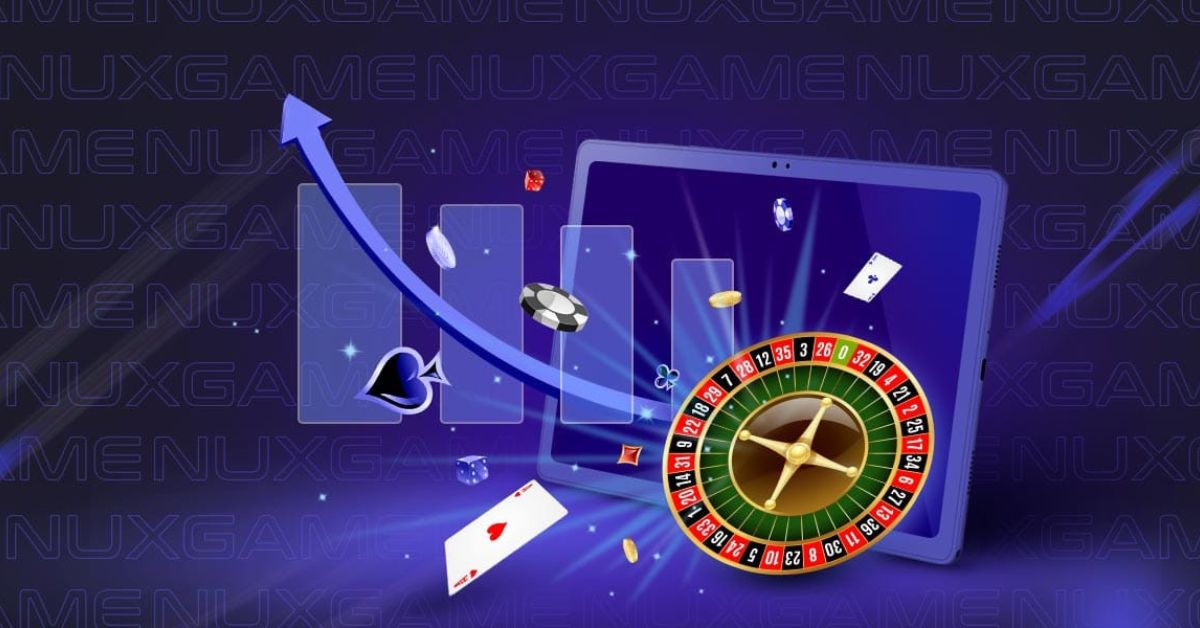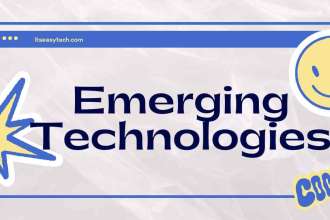We’ve all had these situations when you run out of mobile data when you need it the most, to hop on a Zoom call with your coworkers, or to drop a line to your loved ones to tell them you’re fine. In these cases public Wi-Fi networks at cafes, malls or airports serve as a helping hand.
Public Wi-Fi’s are a convenient way to stay connected while you’re on the go. However, these networks come with significant security risks. Using unknown hotspots without proper precautions may lead to data breach and brute force attacks. This guide will help you understand these risks and how using a VPN for your laptop can help mitigate them.
What is the public Wi-Fi?
Public Wi-Fi, commonly known as hotspots, are Internet networks that are mostly set up to be available to anyone and usually are located in malls, cafes, airports etc. Public Wi-Fi hotspots may be found almost everywhere – universities, subway, cafes, libraries, airports, hotels, fast food chains. These networks are crucial for travelers and in places where mobile data is quite expensive.
The good thing about public Wi-Fi hotspots is that they allowed to stay connected while out and about, as long as you have a supported device on you. However, their widespread availability also brings certain security risks.
Understanding the Risks
Public Wi-Fi networks are not as secure as private networks, hence why they’re available to the public. The open nature of these networks makes them a prime target for cybercriminals. They can easily exploit these networks to carry out activities like Man-in-the-Middle (MITM) attacks, packet sniffing, and distributing malware. Furthermore, malicious hotspots disguised as legitimate networks can trick users into connecting, giving hackers easy access to their devices and data.
Public Wi-Fi Security Threats
There are a few ways that hackers could pose threat to your devices and personal information:
- A Man-in-the-Middle attack is a form of eavesdropping where a hacker intercepts the data being sent between your device and the network. This allows them to read, and possibly alter, your data without your knowledge. These types of attacks may leak your personal data to hackers and advertisers.
- Unencrypted networks are easy targets for hackers as they can easily view the information being transmitted. Additionally, cybercriminals can set up fake hotspots that mimic legitimate networks to trick unsuspecting users into connecting.
- Hackers can exploit software vulnerabilities present in your device to distribute malware. Packet sniffing is another common technique used by hackers to intercept and analyze your data packets, gaining access to your private information.
Securing Your Device While Using Public Hotspots
When it comes to protecting your smartphone or laptop while using Public Wi-Fi, there’s no better option than VPN. Virtual Private Networks, like ZoogVPN, can play a crucial role in securing your connection on public Wi-Fi networks. They create a secure, encrypted tunnel for your data to pass through, keeping it safe from prying eyes. If you have to use Public Wi-Fi from time to time, VPN will create a shield between your smartphone or laptop and a network you’re connecting to, minimizing the potential threats to your Internet security.
See more: How to Stay Safe on Public Wi-Fi Networks
How Does a VPN Work?
When you connect to a VPN, your data is sent to a secure server where it’s encrypted before being sent out to the internet. This means even if a hacker manages to intercept your data, they won’t be able to read it due to the encryption.
A VPN for a laptop or a smartphone not only protects your data but also hides your digital footprints. It masks your IP address, making it difficult for anyone to track your online activities. In case you don’t want your browsing history to be sold to advertisers, VPN is a must.
VPNs can also help you all kinds of bypass geographic restrictions, should it be a social media app or a streaming service like Netflix or Amazon Prime Video. By connecting to a VPN server in a specific country, you can access content that’s available exclusively in that region.
When selecting a VPN for laptop, consider factors like the level of encryption provided, the number of server locations, speed, and whether the VPN keeps logs of your activities. ZoogVPN, for instance, offers strong encryption, a no-log policy, and high-speed connections, making it a great choice.
How to Use Public Wi-Fi Securely with a VPN
Setting up a VPN connection is quite an easy task, even for total Internet newbies. Here’s what you need to do
- Download and install the VPN of your choice for a laptop or a smartphone. If you want an affordable solution with all the security bells and whistles, then ZoogVPN is a great choice.
- Open the VPN application and sign in using your credentials.
- Once you’re in, select a server location or just go with the automatic server. Most of the VPN apps set a location in the US as default.
- Click on the connect button and you’re ready to go.
Once connected, you can browse and carry out your online activities securely, even on public Wi-Fi networks.
Tips for Using Public Wi-Fi Safely
Aside from getting a VPN service, you should also consider following these steps:
Verify the Network
Before connecting to a public Wi-Fi network, verify that it’s legitimate. Check the network’s name and if the hotspot is located near the establishment. Some fast food chains and cafes have their own unique login procedure, so make sure to ask the staff for the correct network.
Limit Public Network Usage
Try to use public Wi-Fi networks sparingly. The less you use these networks, the lesser the risk of falling victim to a cyberattack.
Keep Your System Updated
Regularly update your operating system and other software. Updates often contain security patches that can protect your device against new threats.
Get a mobile data plan
Unfortunately, nothing beats this option, as having to use your mobile data instead of public Wi-Fi is way more secure.
Conclusion
Connecting to public Wi-Fi networks can expose you and your sensitive information to significant security risks. Using a VPN for your laptop can provide an additional layer of protection, ensuring your data remains secure and your online activities remain private.
Remember, while a VPN can significantly enhance your security on public Wi-Fi networks, it’s not a magic bullet. It’s important to also follow other safety practices like keeping your system updated, verifying the network before connecting, and limiting your use of public networks. Stay safe online!
Get a secure VPN service for your device today!


